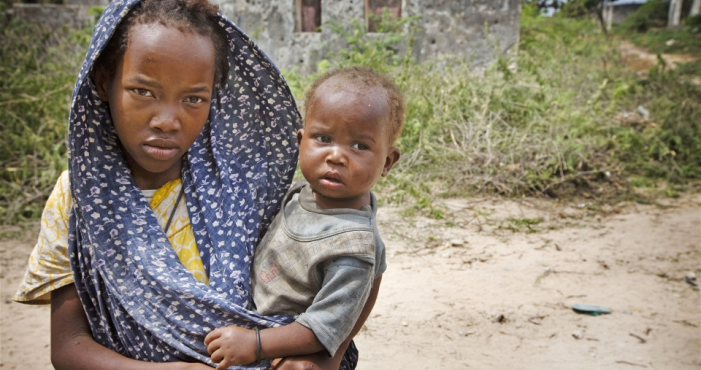 18 September 2016 - In August 2016, Somalia marked two years since its last case of wild poliovirus, a child from Hobyo District of Mudug region who was paralyzed on 11 August 2014. Since then, no new cases of wild poliovirus have been reported. This major achievement was made possible as a result of intensive collaboration between the Somali Health Authorities, WHO and UNICEF, working with regional and zonal polio eradication officers and a network of hundreds of village polio volunteers at the community level across the country.
18 September 2016 - In August 2016, Somalia marked two years since its last case of wild poliovirus, a child from Hobyo District of Mudug region who was paralyzed on 11 August 2014. Since then, no new cases of wild poliovirus have been reported. This major achievement was made possible as a result of intensive collaboration between the Somali Health Authorities, WHO and UNICEF, working with regional and zonal polio eradication officers and a network of hundreds of village polio volunteers at the community level across the country.
In order to maintain the country's polio-free status, supplementary immunization activities are regularly conducted. 2 polio campaigns have been conducted since January 2016, in addition to 2 subnational campaigns targeting children living in hard-to-reach areas. More than 2 million children have been immunized so far in 2016, and two additional campaigns are planned for October and November 2016.
Access is a key challenge in reaching children, especially those living in the southern and central zones. As of August 2016, 16 out of a total of 115 districts in Somalia remain inaccessible, of whom 235 000 have not been reached by immunization campaigns since 2013. The Polio Eradication Program in Somalia has established plans to ensure that immunization activities take place without delay in any areas that become newly accessible.
The surveillance system continues to be strengthened through innovative strategies including sampling of healthy children in regions that have not reported cases, expanding the number of village polio volunteers, inverstigations of children who have never been immunized, contact sampling, and validation of acute flaccis paralysis cases.
Photo: Kate Holt/IRIN


